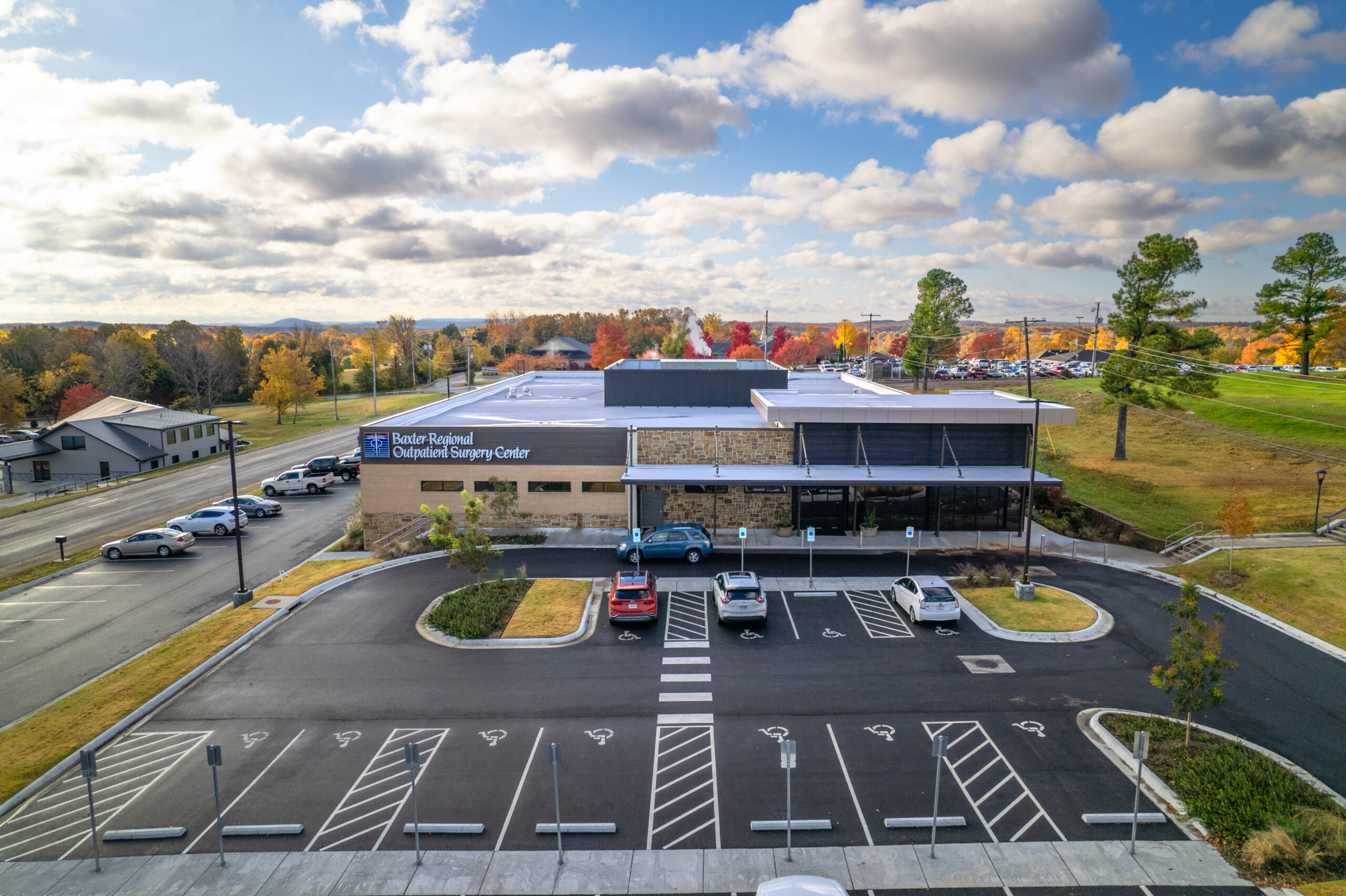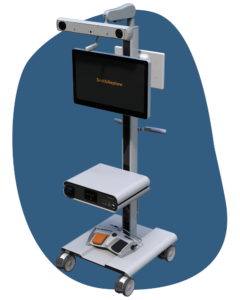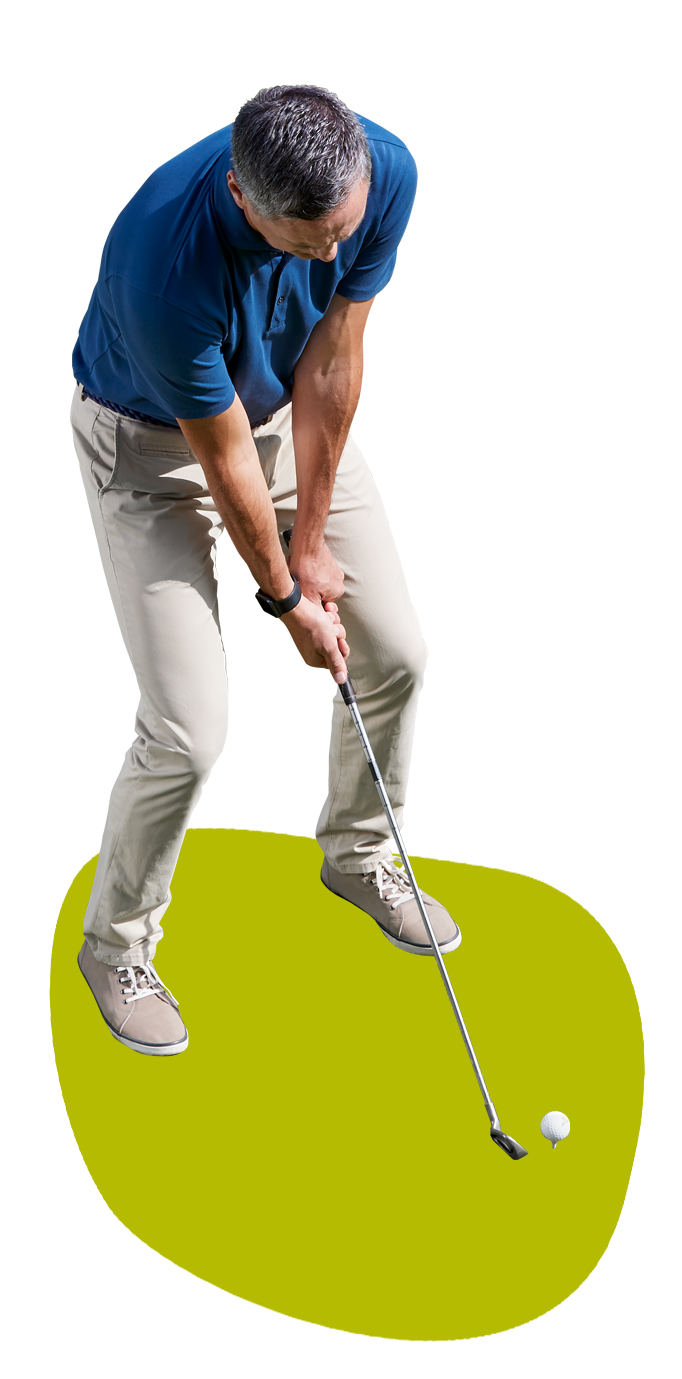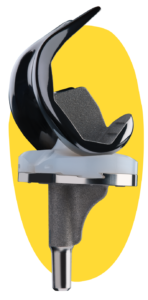Knee Replacement Questions?
Discover new, game-changing technologies that can help you start living your full life again—a more normal feeling knee,1 a smoother recovery2,3 and implants built to last.

Official joint replacement
technology of the
Pro Football Hall of Fame
The Ultimate Knee
Replacement Experience
See how knee replacement has changed—and what it can do for you.
Higher patient satisfaction—Smoother recovery4,5,6
The JOURNEY◊ II Knee System has been demonstrated to improve a patient’s range of motion more quickly after surgery. This faster recovery, along with the implant’s normal pattern of motion, have been shown to lead to high levels of patient satisfaction.

An implant built to last
With Smith+Nephew knee implants, your surgeon has access to OXINIUM◊ Oxidized Zirconium. This unique metal alloy is designed to reduce the effects of implant wear and tear. In fact, OXINIUM knee implants have been lab-tested for durability 9-times longer than the international standard for joint replacements7.

Decades of experience
Since the 1960s, we have been dedicated to making the most innovative knee implants in the world. Building on our heritage of pioneering knee designs and clinically proven knee systems, today’s knee implants from Smith+Nephew are designed to meet the demands of today’s active patients and get them back to living lives unlimited by knee pain.
The Ultimate Robotics-Assisted Knee
Replacement Experience
See how knee replacement has changed—and what it can do for you.
Higher patient satisfaction—Smoother recovery4,5,6
The JOURNEY◊ II Knee System has been demonstrated to improve a patient’s range of motion more quickly after surgery. This faster recovery, along with the implant’s normal pattern of motion, have been shown to lead to high levels of patient satisfaction.

An implant built to last
With Smith+Nephew knee implants, your surgeon has access to OXINIUM◊ Oxidized Zirconium. This unique metal alloy is designed to reduce the effects of implant wear and tear. In fact, OXINIUM knee implants have been lab-tested for durability 9-times longer than the international standard for joint replacements7.

Sleep in your own bed
Did you know that knee replacement surgery can be an outpatient procedure? You can have surgery in the morning and be sleeping in your own bed that same night—with the same Smith+Nephew implants and technologies available in the traditional hospital setting.
The Ultimate Knee Replacement Experience
See how knee replacement has changed—and what it can do for you.
Designed for you
With 3D digital modeling from the CORI◊ Surgical System you get a surgical plan that’s customized to your unique anatomy. That means your surgeon can perform your procedure more efficiently and accurately than traditional knee replacement surgery.

Higher patient satisfaction—Smoother recovery4,5,6
The JOURNEY◊ II Knee System has been demonstrated to improve a patient’s range of motion more quickly after surgery. This faster recovery, along with the implant’s normal pattern of motion, have been shown to lead to high levels of patient satisfaction.
An implant built to last
With Smith+Nephew knee implants, your surgeon has access to OXINIUM◊ Oxidized Zirconium. This unique metal alloy is designed to reduce the effects of implant wear and tear. In fact, OXINIUM knee implants have been lab-tested for durability 9-times longer than the international standard for joint replacements7.
The Ultimate Robotics-Assisted Knee
Replacement Experience
See how knee replacement has changed—and what it can do for you.
Designed for you
With 3D digital modeling from the CORI◊ Surgical System you get a surgical plan that’s customized to your unique anatomy. That means your surgeon can perform your procedure more efficiently and accurately than traditional knee replacement surgery.

Higher patient satisfaction—Smoother recovery4,5,6
The JOURNEY◊ II Knee System has been demonstrated to improve a patient’s range of motion more quickly after surgery. This faster recovery, along with the implant’s normal pattern of motion, have been shown to lead to high levels of patient satisfaction.

An implant built to last
With Smith+Nephew knee implants, your surgeon has access to OXINIUM◊ Oxidized Zirconium. This unique metal alloy is designed to reduce the effects of implant wear and tear. In fact, OXINIUM knee implants have been lab-tested for durability 9-times longer than the international standard for joint replacements7.

Sleep in your own bed
Did you know that knee replacement surgery can be an outpatient procedure? You can have surgery in the morning and be sleeping in your own bed that same night – with the same Smith+Nephew implants and technologies available in the traditional hospital setting.

Bringing advancements to the market
Baxter Health, a fully integrated non-profit health system that has been serving patients of north central Arkansas and south central Missouri since 1963, is home to some of the most advanced orthopaedic technology in the nation. From total joint replacement to robotic-assisted surgery and general sports medicine to state-of-the-art arthritis treatment and more, our board-certified team of orthopaedic surgeons are dedicated to providing the highest quality orthopaedic care for patients in the communities we serve.










 Robotics-assisted Surgery
Robotics-assisted Surgery

 Robotics-assisted Surgery
Robotics-assisted Surgery

 Don Franklin III, MD, ABOS, FAAOS
Don Franklin III, MD, ABOS, FAAOS Jason P. McConnell, MD, ABOS, FAAOS
Jason P. McConnell, MD, ABOS, FAAOS M.B. (Win) Moore III, MD, ABOS, FAAOS
M.B. (Win) Moore III, MD, ABOS, FAAOS Russ B. Rauls, MD, ABOS, FAAOS
Russ B. Rauls, MD, ABOS, FAAOS Edwin “Ed” Roeder, MD, ABOS, FAAOS
Edwin “Ed” Roeder, MD, ABOS, FAAOS